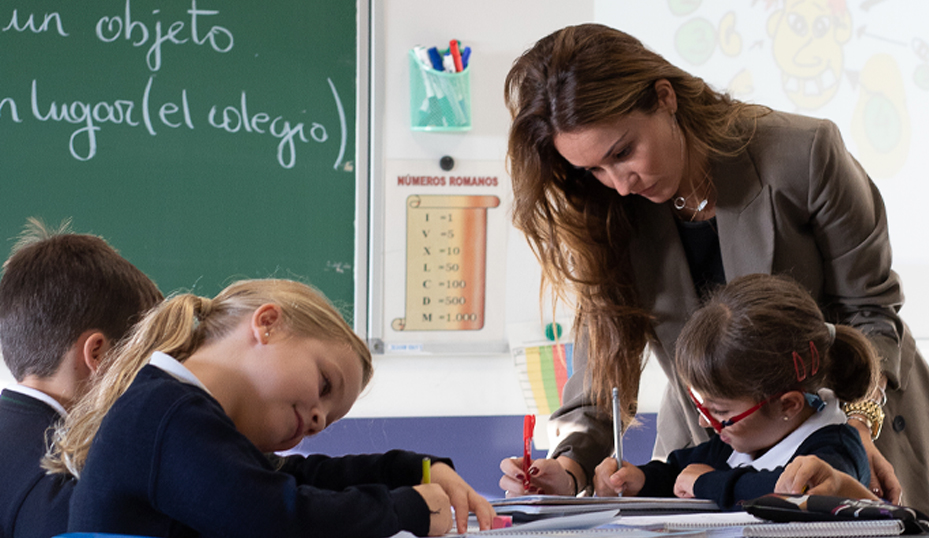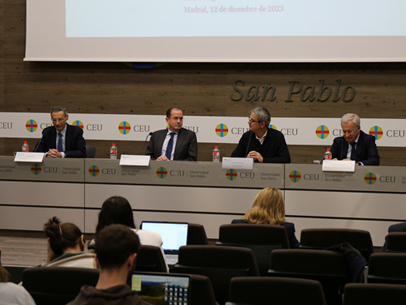Educational Freedom Improves Equity and Reduces Economic Inequalities

In Report 01 entitled “Freedom of Education in the world: analysis of its enablers and relationship with educational performance and income distribution”, we analyze the issue of educational freedom. This research work is part of the Education and Family Studies that we publish together with the CEU Institute for Family Studies.
Freedom of education is understood as the existence of a pluralistic educational offer and a system of public financing that allows access to non-governmental schools (NGS) to all families, regardless of their income. This fundamental right must be guaranteed to respect human rights. The current study outlines trends in educational freedom globally, analyzes potential drivers, and quantifies the relationship between freedom of education and key indicators of educational performance and income distribution.
Typology of countries according to their degree of freedom of education
A total of 81 countries were grouped into four categories based on OIDEL’s Freedom of Education Index (FEI). There is a positive correlation between the degree of educational freedom and the indicators of per capita income, human development, equity in income distribution, economic freedom, and life satisfaction.
Evolution of the level of educational freedom in the first two decades of the 21st century: Since the beginning of the 21st century, educational freedom has tended to increase globally, with 70% of countries experiencing an increase in the FEI between 2002 and 2016. Although convergence is observed, some countries such as Cuba, the Democratic Republic of Congo, and Saudi Arabia show a decline.
Educational freedom and its relationship to other basic freedoms
There is a high correlation between educational freedom and other basic freedoms, such as economic, religious, freedom of expression and information. Even though educational freedom is more established in Europe and North America, we are far from optimal, presenting opportunities for improvement in all regions.
Freedom of education, performance of the education system, and income distribution: The FEI is positively associated with school performance in the PISA-2018 tests. Although certain indicators show an initial relationship with social segregation in schools, this disappears when controlling for variables such as the level of per capita income or geographic region. Freedom of education is associated with a more equitable distribution of income.
Conclusions
Based on the analysis and the existing literature, moving towards greater freedom of education is justified to respect the rights of parents, improve equity, reduce economic inequalities, and enhance the performance of the education system. The inverse association between freedom of education and inequalities refutes the idea that this freedom increases disparities.
RELATED
The democratic legitimation of ETA
We analyse the causes, actors and consequences of ETA's democratic legitimation by the CEU Observatory for Victims of Terrorism.
Comprometidos con la libertad de educación
Presentamos el informe “La libertad de educación en el mundo” en un acto en el que han intervenido representantes de distintas instituciones educativas.

